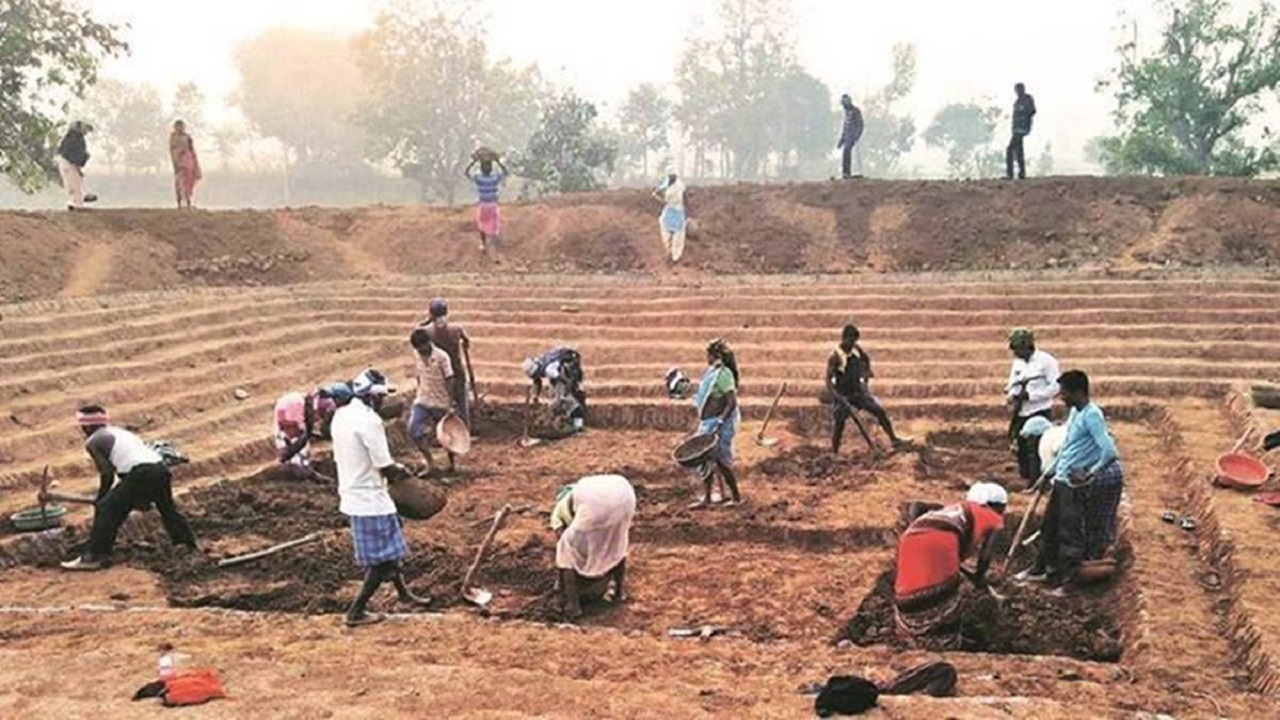Context:
The Central government is set to revise the criteria for granting classical language status based on recommendations from the Culture Ministry’s Linguistics Expert Committee.
Background:
The revised criteria will be officially notified through a gazette notification after approval by the Union Cabinet. Languages like Marathi, which have been under consideration, may need to wait until the new criteria are in place.
Key takeaways:
- The term “classical language” refers to a language that has had a significant influence on the development of literature, culture, and society, and is considered a language of high cultural or literary importance.
- Currently, six languages enjoy the ‘Classical’ status in India.
These languages are recognized for their rich heritage, ancient texts, and cultural significance.- Here are the six classical languages:
- Tamil: Declared as a classical language in 2004
- Sanskrit: Attained classical status in 2005
- Kannada: Recognized as a classical language in 2008.
- Telugu: Achieved classical status in 2008.
- Malayalam: Granted classical status in 2013.
- Odia: Received classical recognition in 2014.
5. All these classical languages are listed in the Eighth Schedule of the Constitution.
6. The Ministry of Culture provides the guidelines regarding Classical languages.
Guidelines for declaring a language as ‘Classical’ are:
- High antiquity of its early texts/recorded history over a period of 1500-2000 years
- A body of ancient literature/texts, which is considered a valuable heritage by generations of speakers
- The literary tradition be original and not borrowed from another speech community
- The classical language and literature being distinct from modern, there may also be a discontinuity between the classical language and its later forms or its offshoots.
Benefits:
- Once a language is notified as a Classical language, the Human Resource and Development Ministry provides certain benefits to promote it:
- Two major annual international awards for scholars of eminence in classical Indian languages.
- A Centre of Excellence for studies in Classical Languages is set up.
- The University Grants Commission is requested to create, to start with at least in the Central Universities, a certain number of Professional Chairs for the Classical Languages so declared.



.jpg)
Comments (0)